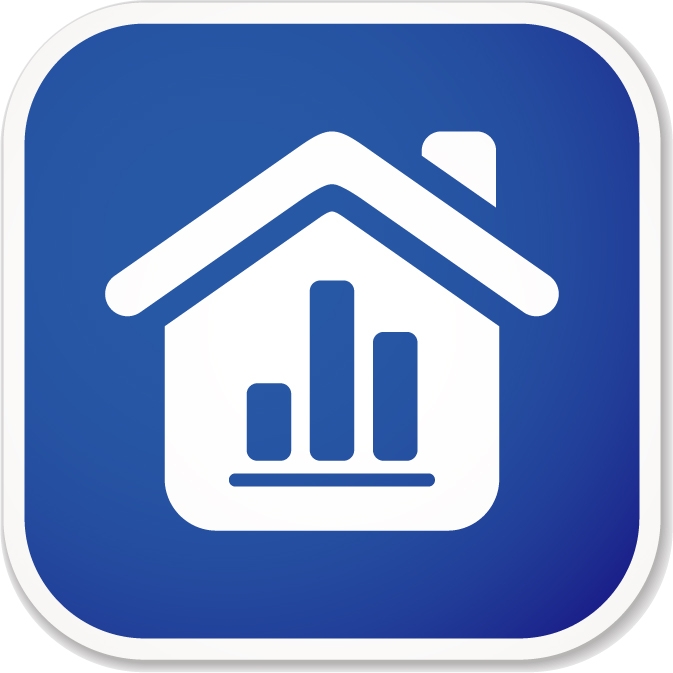Do you understand the difference between your mortgage term and your amortization period?
A frequent source of confusion for potential homebuyers is the difference between a mortgage term and amortization period. A standard Canadian mortgage rate has a 5-year term with a 25-year amortization period.
Mortgage Term
The mortgage term is the length of time you commit to a low mortgage rate, lender, and associated best mortgage rate terms.
Mortgage Amortization Period
This is the length of time it will take you to repay your whole mortgage. Longer amortization periods lower your month-to-month payments, as you are paying your mortgage off over a greater number of years. But nevertheless, you will pay even more interest over the life of the mortgage.
Maximum Amortization Reduced to 30 years on March 18th, 2011
In January 2011, Minister Flaherty revealed that the maximum amortization duration on all CMHC insured houses would be lowered from 35 to 30 years.
Quite a few home buyers opt for a reduced amortization period leading to greater regular monthly payments if they have the means to do so, understanding that it encourages desirable saving habits and minimizes the overall interest payable.
Short vs. Long Term Amortization Periods
Prepayment privileges set out by your lender will determine whether you can reduce your amortization period, by either enhancing your regular month-to-month payments and/or putting lump sum payments towards the principal. Nevertheless, beyond these privileges, you will typically incur charges for making extra payments. According to the Canadian Association of Mortgage Professionals, 24 % of Canadians benefited from prepayment options in 2009.




